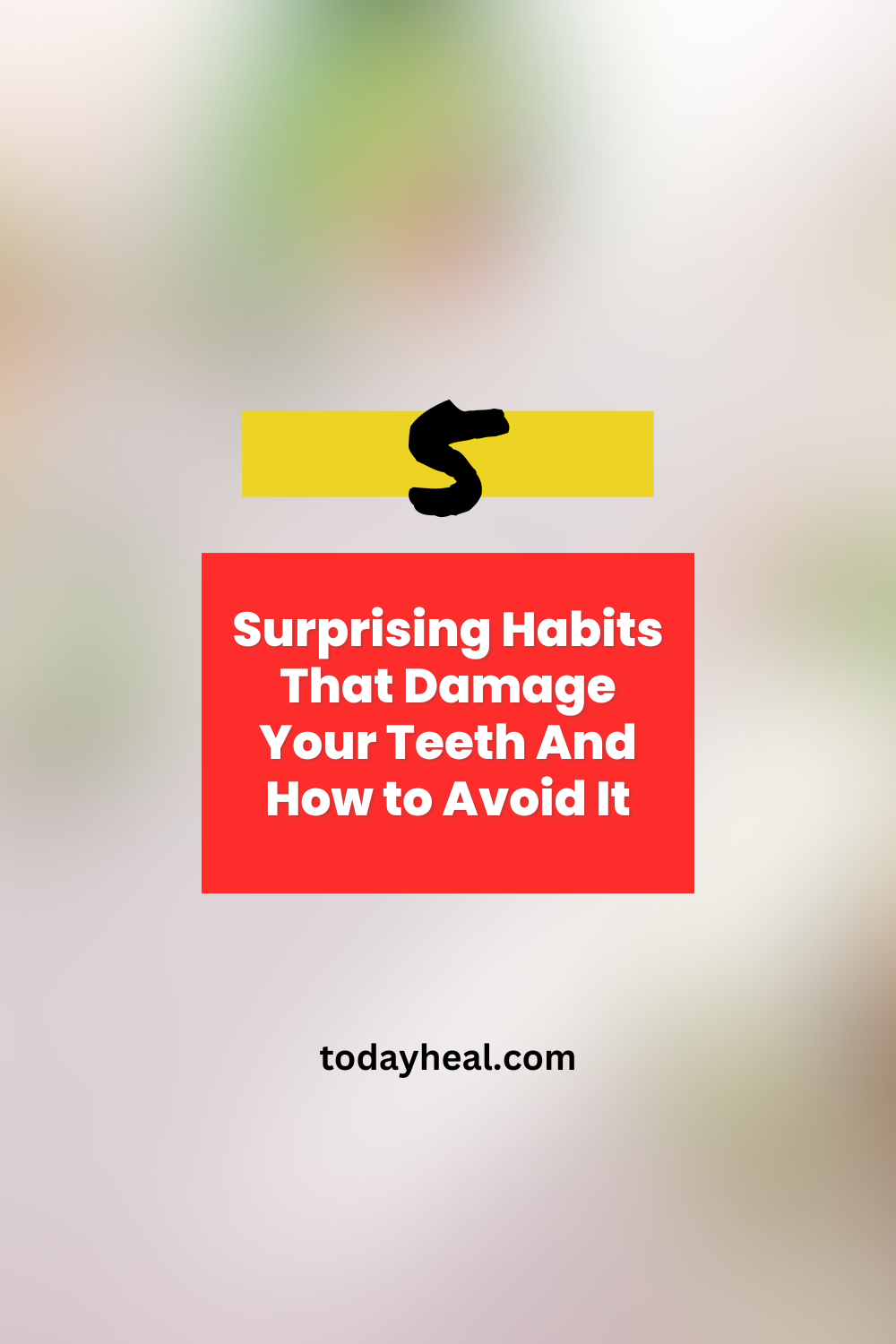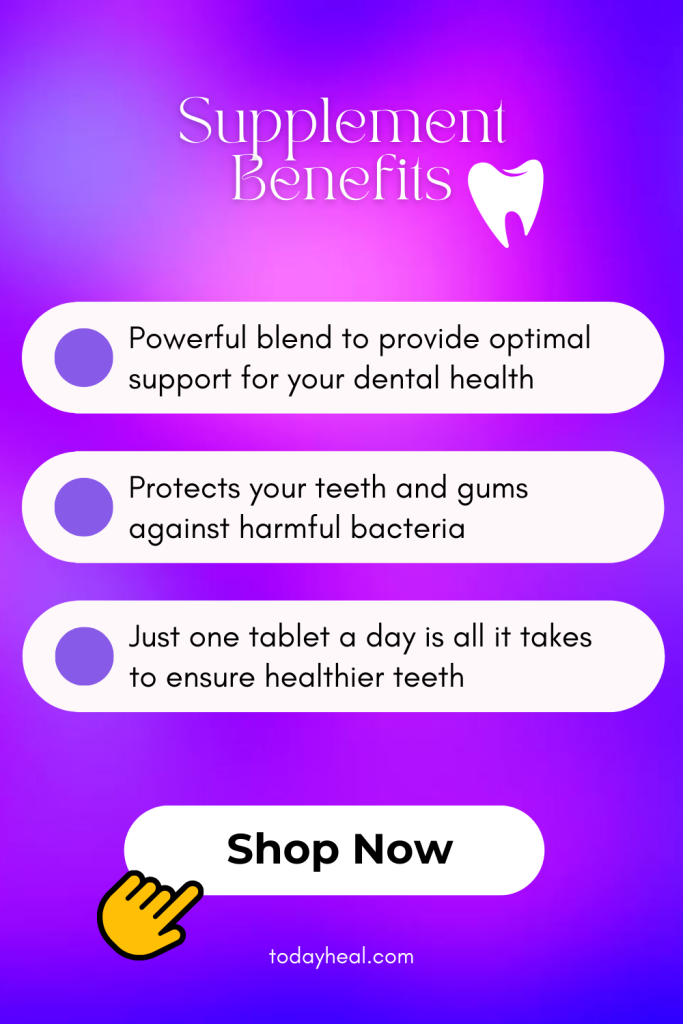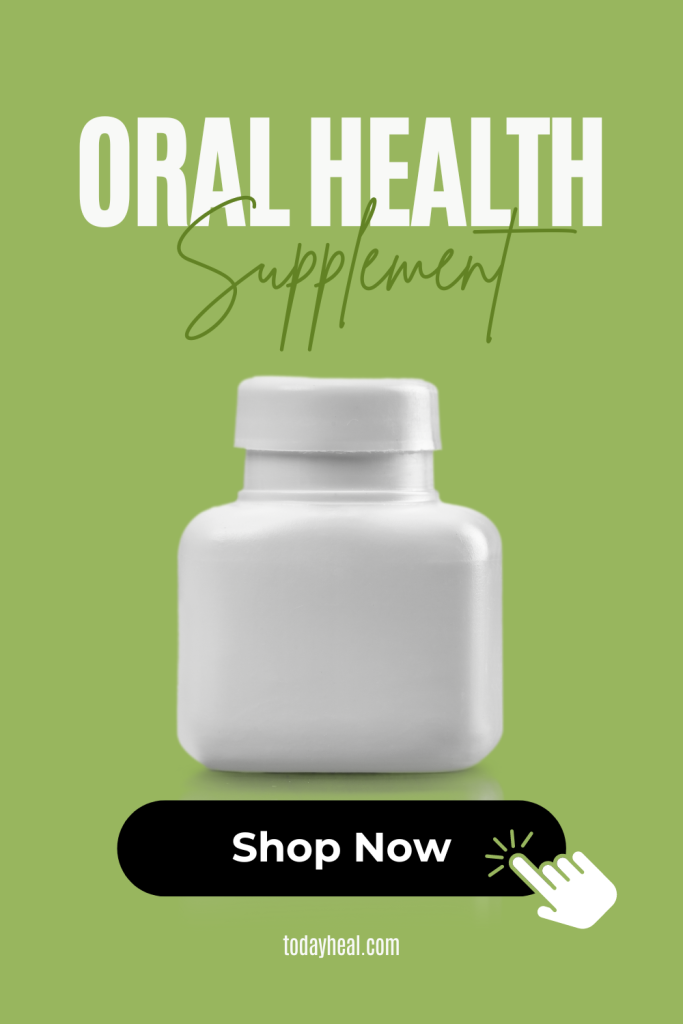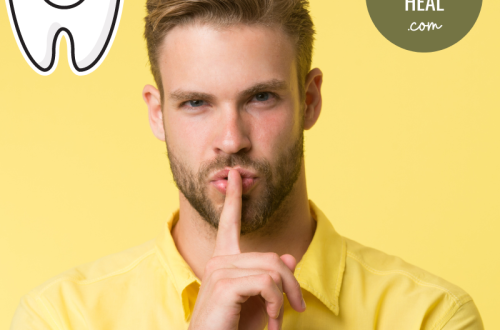Maintaining good oral health is essential for a dazzling smile and overall well-being. However, some habits we engage in daily can silently wreak havoc on our teeth without us even realizing it.
In this article, we’ll delve into five surprising habits that could be compromising your dental health. From sipping sugary drinks to using teeth as tools, these seemingly harmless behaviors can lead to serious dental issues if left unchecked. But fear not!
Alongside identifying these habits, we’ll provide actionable tips on how to avoid them effectively, ensuring you maintain a radiant smile and strong teeth for years to come. So let’s dive in and discover the surprising culprits that may be sabotaging your dental health, and learn how to protect your teeth from damage.
Identify and Avoid Harmful Habits That Damage Your Teeth
1- Using Teeth as Tools – The Dangers of Using Teeth as Tools: What You Need to Know
It’s tempting to use your teeth as tools for tasks like opening bottles, tearing open packages, or even cracking nuts.
However, teeth are not designed for such purposes and can easily chip or fracture when subjected to excessive force.
To avoid this, always use appropriate tools like scissors or bottle openers instead of your teeth.
Here’s what you need to know about the dangers of using teeth as tools:
Risk of Fractures and Chips:
Teeth are strong, but they are not indestructible. Using them to bite or tear objects that are not food can result in fractures or chips.
This damage can range from minor cosmetic issues to more severe structural damage that requires dental intervention.
Potential for Tooth Wear:
Constantly using teeth to perform tasks they weren’t meant for can lead to accelerated tooth wear.
This wear can affect the enamel, the protective outer layer of the teeth, making them more prone to decay, sensitivity, and other oral health problems.
Increased Risk of Gum Injuries:
Using teeth as tools can also injure the gums. Sharp or jagged edges on objects can cut or puncture the delicate gum tissue, leading to pain, bleeding, and inflammation.
In severe cases, gum injuries may require medical attention to prevent infection or further complications.
Potential for Jaw Problems:
The excessive force exerted on teeth when using them as tools can also impact the jaw.
Habitual biting or chewing on hard objects can strain the jaw muscles and joints, leading to temporomandibular joint (TMJ) disorders, jaw pain, and difficulty opening or closing the mouth.
Increased Risk of Dental Emergencies:
Using teeth as tools increases the likelihood of dental emergencies.
To protect your teeth and avoid these potential risks, it’s essential to use the right tools for the job.
Keep scissors, bottle openers, and other appropriate tools handy for tasks that require cutting or opening objects.
Additionally, practicing good oral hygiene, including regular brushing, flossing, and dental check-ups, can help maintain the health and integrity of your teeth.
2 – Sipping Sugary Drinks – The Hidden Risks of Sipping Sugary Drinks: What You Need to Know
Sipping sugary beverages like soda, sports drinks, or sweetened coffee throughout the day exposes your teeth to prolonged acid attacks.
This can lead to enamel erosion, tooth decay, and cavities. Opt for water or unsweetened beverages and limit sugary drinks to meal times to minimize the risk of damage.
Here’s what you need to know about the hidden risks of sipping sugary drinks:
Sugar Feeds Oral Bacteria:
When you consume sugary drinks, the sugar in the beverages interacts with bacteria in your mouth to produce acids.
These acids can attack the enamel, the protective outer layer of your teeth, leading to erosion and decay over time. The longer sugar remains in contact with your teeth, the greater the risk of damage.
Acidic pH Levels:
In addition to sugar content, many sugary drinks have acidic pH levels, which further increase the risk of enamel erosion.
Acidic beverages can weaken the enamel, making teeth more susceptible to decay, sensitivity, and cavities. Continuous exposure to acidic drinks can gradually wear down tooth enamel, leading to irreversible damage.
Increased Risk of Cavities:
The combination of sugar and acidity in sugary drinks creates an ideal environment for cavity-causing bacteria to thrive.
Regular consumption of these beverages can significantly increase the risk of cavities, especially in areas where plaque accumulates, such as the grooves and crevices of the teeth.
Potential for Gum Disease:
Sugary drinks not only affect the teeth but can also impact gum health. High sugar intake can contribute to inflammation of the gums and increase the risk of gum disease.
Untreated gum disease can lead to more severe oral health issues, including tooth loss and bone damage.
Weight Gain and Overall Health Risks:
Beyond oral health, sipping sugary drinks can also contribute to weight gain and various health problems, such as obesity, type 2 diabetes, and cardiovascular disease.
Excessive sugar consumption from beverages can add empty calories to your diet and disrupt metabolic health.
To protect your dental health, it’s essential to limit your consumption of sugary drinks and opt for water or unsweetened beverages whenever possible.
If you do indulge in sugary drinks occasionally, consider using a straw to minimize contact with your teeth and rinse your mouth with water afterward.
Additionally, maintaining good oral hygiene practices, such as brushing twice a day, flossing daily, and visiting your dentist regularly, can help mitigate the risks associated with sugary drinks.
3- Brushing Too Hard – The Pitfalls of Brushing Too Hard: Protecting Your Teeth and Gums
While thorough brushing is essential for good oral hygiene, brushing your teeth vigorously with a hard-bristled toothbrush can cause more harm than good.
It can wear down enamel, irritate gums, and even cause gum recession. Instead, use a soft-bristled toothbrush and gentle, circular motions to clean teeth effectively without causing damage.
Brushing your teeth is an essential part of maintaining good oral hygiene, but there’s such a thing as being too enthusiastic about it.
Brushing too hard, or with too much force, can actually do more harm than good to your teeth and gums. Here’s why:
Damage to Tooth Enamel:
Tooth enamel is the hard, protective outer layer of your teeth. While it’s the hardest substance in the human body, it’s not indestructible.
Brushing too hard can wear down enamel over time, leading to increased tooth sensitivity, discoloration, and an increased risk of tooth decay.
Gum Recession:
Aggressive brushing can also damage the delicate gum tissue that surrounds your teeth.
Over time, this can cause the gums to recede, exposing the roots of the teeth and increasing the risk of tooth decay, gum disease, and tooth loss.
Receding gums can also lead to sensitivity and discomfort when eating or drinking hot or cold foods.
Abrasion and Wear:
Brushing with excessive force can lead to abrasion, or the wearing away of tooth enamel and gum tissue.
This can result in uneven tooth surfaces, notches at the gum line, and increased sensitivity.
Abrasion can also make teeth more susceptible to staining and decay, as well as damage from acidic foods and drinks.
Damage to Toothbrush:
Brushing too hard can also damage your toothbrush bristles, rendering them less effective at removing plaque and bacteria from your teeth.
When bristles become frayed or flattened, they’re less able to reach into crevices and between teeth, leaving behind plaque that can contribute to cavities and gum disease.
Proper Brushing Technique:
To avoid the pitfalls of brushing too hard, it’s important to use a gentle, circular motion with a soft-bristled toothbrush.
Hold the brush at a 45-degree angle to the gums and apply only light pressure. Brush for at least two minutes, covering all surfaces of the teeth and paying extra attention to the gum line and hard-to-reach areas.
By adopting a proper brushing technique and being mindful of the pressure you apply, you can protect your teeth and gums from the potential damage caused by brushing too hard.
4- Chewing on Pens or Pencils – The Hidden Risks of Chewing on Pens or Pencils: Protecting Your Dental Health
Many people have a habit of chewing on pens, pencils, or other objects when deep in thought or stressed.
However, this habit can exert excessive pressure on teeth and lead to fractures or wear over time.
Break this habit by finding alternative ways to relieve stress, such as chewing sugar-free gum or practicing deep breathing exercises.
Damage to Teeth:
Pens and pencils are not meant to be chewed on, and doing so can exert excessive force on your teeth.
This can lead to chipping, cracking, or even fracturing of the teeth, particularly if they’re weakened due to decay or previous dental work.
Additionally, chewing on hard objects can wear down the enamel, the protective outer layer of the teeth, increasing the risk of cavities and sensitivity.
Temporomandibular Joint (TMJ) Issues:
The temporomandibular joint, or TMJ, is the joint that connects your jaw to your skull.
Excessive chewing on hard objects like pens or pencils can put strain on this joint, leading to discomfort, pain, and even disorders such as temporomandibular joint dysfunction (TMD).
Symptoms of TMD may include jaw pain, headaches, clicking or popping noises when opening or closing the mouth, and difficulty chewing.
Bacterial Contamination:
Pens and pencils are not sterile objects, and they can harbor bacteria from various surfaces they come into contact with.
When you chew on them, you introduce these bacteria into your mouth, increasing the risk of oral infections and gum disease.
Additionally, if you share pens or pencils with others, you may be exposing yourself to their oral bacteria as well.
Alternative Coping Mechanisms:
Chewing on pens or pencils is often a subconscious habit that people engage in to cope with stress or anxiety. However, there are healthier ways to manage these feelings without putting your dental health at risk.
Consider practicing relaxation techniques such as deep breathing, mindfulness, or taking short breaks to stretch or walk around.
Preventive Measures:
If you find yourself frequently chewing on pens or pencils, take proactive steps to break the habit.
Keep your desk or workspace stocked with alternative items to chew on, such as sugar-free gum, chewable snacks like carrots or celery, or stress-relief toys like fidget spinners or stress balls.
Additionally, remind yourself of the potential consequences of chewing on pens or pencils whenever you catch yourself doing it.
By being mindful of the risks associated with chewing on pens or pencils and taking preventive measures to break the habit, you can protect your dental health and overall well-being.
5- Grinding or Clenching Teeth – Understanding the Dangers of Teeth Grinding and Clenching
Grinding or clenching your teeth, especially during sleep, is a common habit that can cause significant damage over time. It can result in worn enamel, tooth sensitivity, and jaw pain.
If you suspect you grind your teeth, consult your dentist who may recommend a custom-fitted mouthguard to protect your teeth while you sleep.
Grinding or clenching teeth, also known as bruxism, is a common dental issue that affects many people, often without them even realizing it.
While occasional teeth grinding may not cause significant harm, chronic bruxism can lead to serious dental problems and discomfort. Here’s what you need to know:
Damage to Tooth Enamel:
The repetitive grinding or clenching motion can wear down the enamel, the protective outer layer of the teeth, over time. This can result in tooth sensitivity, increased risk of cavities, and even tooth fractures or chips.
TMJ Disorders:
Bruxism can put excessive pressure on the temporomandibular joint (TMJ), which connects the jaw to the skull.
This can lead to TMJ disorders, causing symptoms such as jaw pain, headaches, earaches, and difficulty opening or closing the mouth.
Muscle Tension and Pain:
Chronic teeth grinding or clenching can cause overuse and strain of the jaw muscles, leading to muscle tension, soreness, and even pain in the jaw, face, neck, and shoulders.
Sleep Disturbances:
Bruxism often occurs during sleep, and it can disrupt sleep patterns and quality.
Grinding or clenching teeth can cause loud noises that may disturb bed partners, as well as awaken the individual from sleep, leading to daytime fatigue and drowsiness.
Stress and Anxiety:
While the exact causes of bruxism are not fully understood, stress and anxiety are believed to be contributing factors.
Managing stress through relaxation techniques, such as meditation, yoga, or deep breathing exercises, may help reduce the frequency and intensity of teeth grinding episodes.
Treatment Options:
Treatment for bruxism depends on the underlying cause and severity of the condition.
Dentists may recommend wearing a custom-made mouthguard or splint to protect the teeth from further damage. Stress management techniques, lifestyle changes, and relaxation therapies may also be beneficial in managing bruxism symptoms.
Regular Dental Checkups:
Regular dental checkups are essential for detecting signs of bruxism and addressing any dental issues that may arise as a result.
Dentists can provide personalized advice and treatment options to help prevent further damage and alleviate symptoms associated with teeth grinding or clenching.
By understanding the risks and consequences of grinding or clenching teeth and seeking appropriate treatment and preventive measures, individuals can protect their dental health and overall well-being.
Discover the power of our Oral Health Supplement, your ultimate solution for optimal oral health. With its unique blend of enzymes and proteins, our Supplement offers comprehensive protection for your teeth and gums. Click the link below to visit our official website and order yours today, because a healthier smile awaits!







